‘Black Wall Street’: America’s forgotten massacre
Joe Biden marks 100th anniversary of Tulsa Massacre with pledge to ‘fill the silence’ on historic racial violence
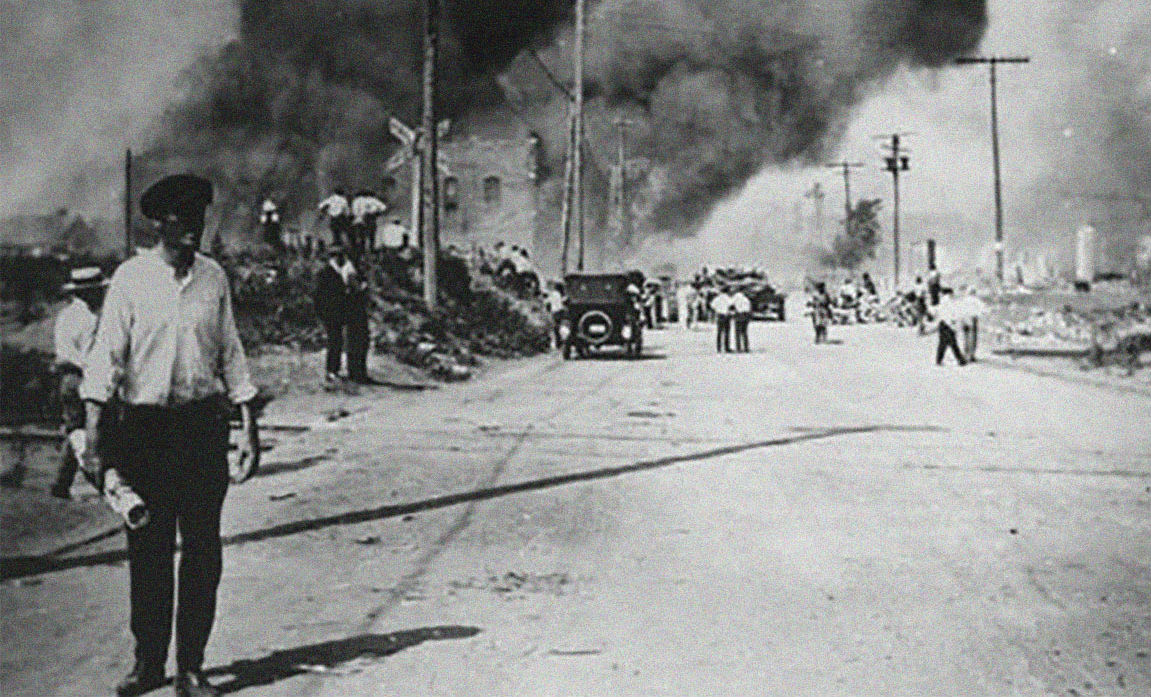
A free daily email with the biggest news stories of the day – and the best features from TheWeek.com
You are now subscribed
Your newsletter sign-up was successful
Joe Biden has marked the centenary of a massacre that destroyed a black neighbourhood in Tulsa, describing the events as “so heinous, so horrific, so grievous” that they “cannot be buried”.
The president’s “commemoration of the deaths of hundreds of black people killed by a white mob a century ago” comes amid a “national reckoning on racial justice”, triggered in part by the murder of George Floyd a year ago, the Associated Press reports.
Biden said that he was addressing the legacy of the Tulsa massacre “to fill the silence”, adding that “just because history is silent, it does not mean that it did not take place”. Describing the violence in 1921 as “literal hell”, the president said: “We can’t just choose what we want to know, and not what we should know.”
The Week
Escape your echo chamber. Get the facts behind the news, plus analysis from multiple perspectives.

Sign up for The Week's Free Newsletters
From our morning news briefing to a weekly Good News Newsletter, get the best of The Week delivered directly to your inbox.
From our morning news briefing to a weekly Good News Newsletter, get the best of The Week delivered directly to your inbox.
The Tulsa Massacre
The violence in 1921 began on 31 May following an encounter between Dick Rowland, a black 19-year-old shoeshiner, and a white 17-year-old elevator operator, Sarah Page. Although the exact nature of the encounter is unclear – some reports suggest he accidentally stood on her foot – rumours spread that Rowland had raped Page and an angry crowd formed outside the local courthouse.
After several hours, “a white man approached a tall African-American First World War veteran who was carrying an army-issue revolver”, writes Scott Ellsworth, a professor of Afroamerican and African studies at the University of Michigan. The pair exchanged words and a shot rang out.
“Almost immediately, members of the white mob - and possibly some law enforcement officers - opened fire on the African-American men, who returned volleys of their own,” says Ellsworth. The rioting spread to the black district of Greenwood, nicknamed “Black Wall Street” for its prosperous black businesses and thriving professional class.
A free daily email with the biggest news stories of the day – and the best features from TheWeek.com
At Tulsa’s “peak, there were about 200 black-owned organisations in the area and at least four millionaires”, The Times reports. However, during the ensuing violence, “luxury shops and high-end restaurants, doctors’ surgeries and theatres” were “razed to the ground” by the white mob.
“Tulsa’s mayor, T.D. Evans, promised in the hours after the rampage to rebuild” the damaged black areas, the paper adds. But he “reversed his decision a few days later” meaning that “while parts of the area were re-established”, the money was never made available to reinstate the area’s former prosperity.
A 2001 report commissioned by the Oklahoma state government found evidence that officials actively colluded with the mob, making scores of white men “deputies” and providing them with arms and ammunition. Eyewitnesses would later testify that biplanes from a nearby airfield dropped incendiaries on Greenwood from the sky.
Official reports put the death toll at 39, but the 2001 commission’s report, and historical accounts reported by various media outlets, including CNN, say the number is likely to be as many as 300. “More than 35 blocks were destroyed, along with more than 1,200 homes”, according to Smithsonian Magazine.
America’s other forgotten massacres
The Elaine race riot of 1919
In Elaine, Arkansas, a posse of white men tried to break up a meeting of black sharecroppers attempting to form a union, according to various reports at the time. One white man was shot and killed in the stand-off. As news spread, armed white men from neighbouring towns poured into Elaine to help suppress what was being described as an “uprising”. The confrontation led to one of America’s most deadly massacres.
Walter F. White, an NAACP (National Association for the Advancement of Coloured People) official dispatched to Elaine to interview witnesses, reported that “negroes were being hunted, and 250 shot down like beasts”.
The exact number of deaths is not known, but those who survived were severely treated. “In all, 77 black citizens - and no whites - were tried and sentenced for their alleged role in the riot,” according to HuffPost.
The Red Summer of 1919
In the summer of 1919, the simmering racial and economic tensions exploded. Between May and October, the US Department of Labour recorded at least 25 incidents of mass racial violence in cities including Chicago, Washington DC, Omaha and Knoxville.
-
 Switzerland could vote to cap its population
Switzerland could vote to cap its populationUnder the Radar Swiss People’s Party proposes referendum on radical anti-immigration measure to limit residents to 10 million
-
 Political cartoons for February 15
Political cartoons for February 15Cartoons Sunday's political cartoons include political ventriloquism, Europe in the middle, and more
-
 The broken water companies failing England and Wales
The broken water companies failing England and WalesExplainer With rising bills, deteriorating river health and a lack of investment, regulators face an uphill battle to stabilise the industry
-
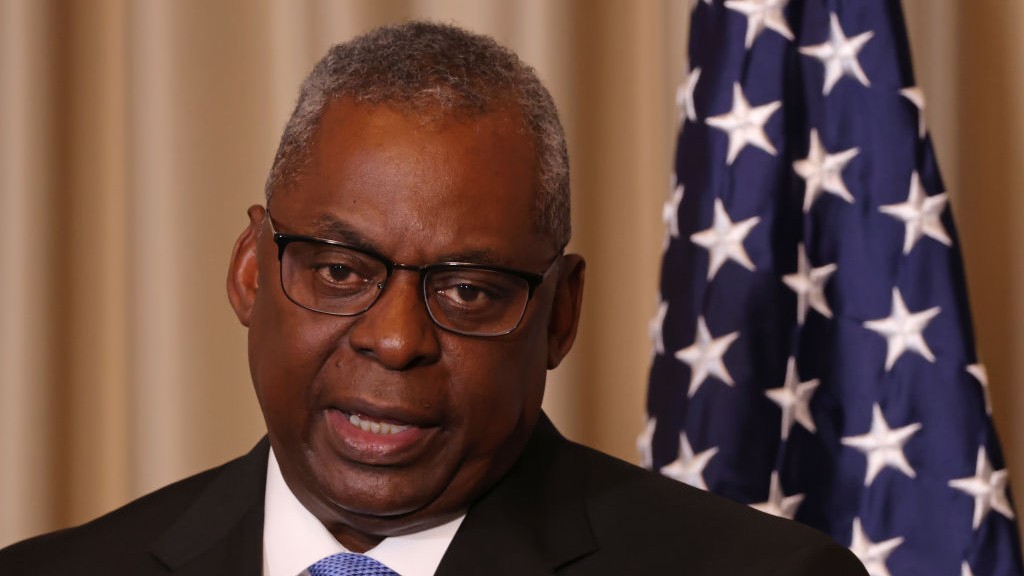 10 things you need to know today: January 7, 2024
10 things you need to know today: January 7, 2024Daily Briefing White House reportedly left unaware of defense secretary’s hospitalization, Biden to deliver State of the Union address on March 7, and more
-
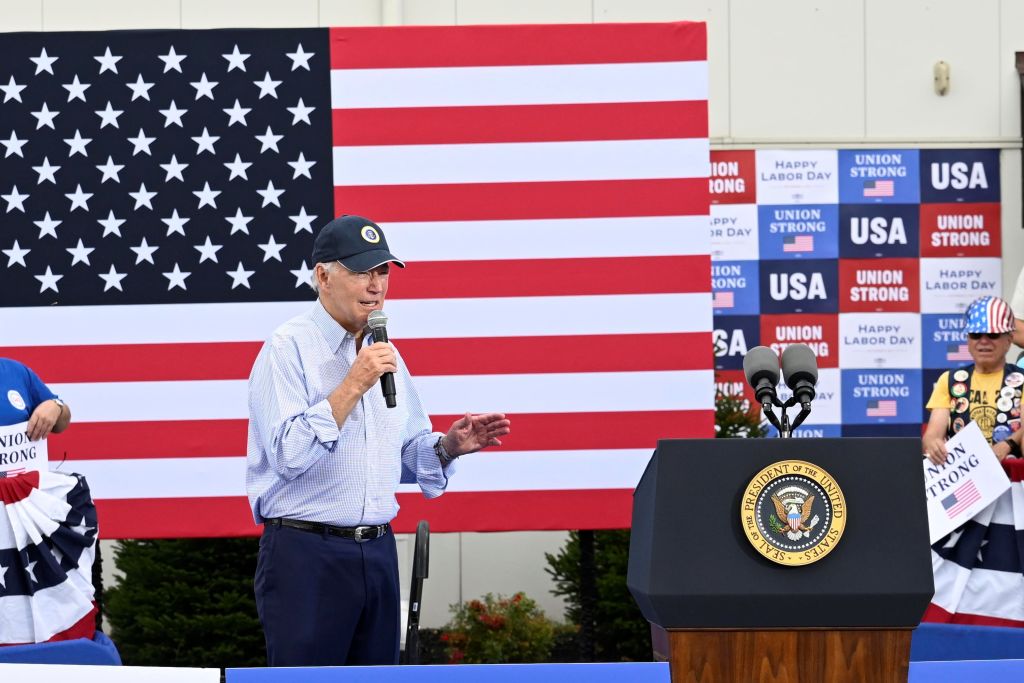 10 things you need to know today: September 5, 2023
10 things you need to know today: September 5, 2023Daily Briefing President Biden courts unions on Labor Day, thousands leave Burning Man after being trapped by desert mud, and more
-
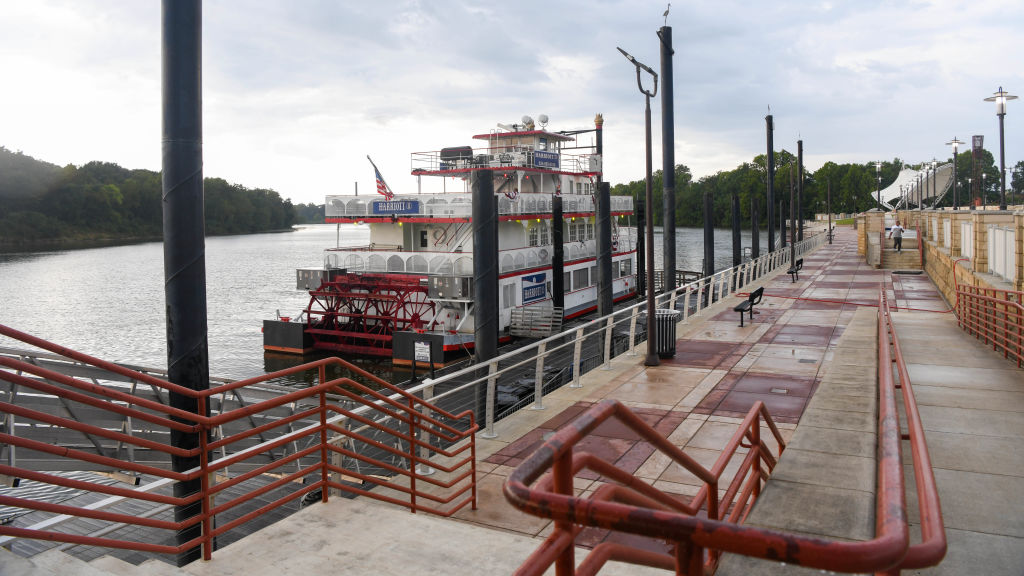 How an Alabama brawl became a watershed moment for race in America
How an Alabama brawl became a watershed moment for race in AmericaTalking Point "No people are obligated to endure violence without defending themselves or being defended"
-
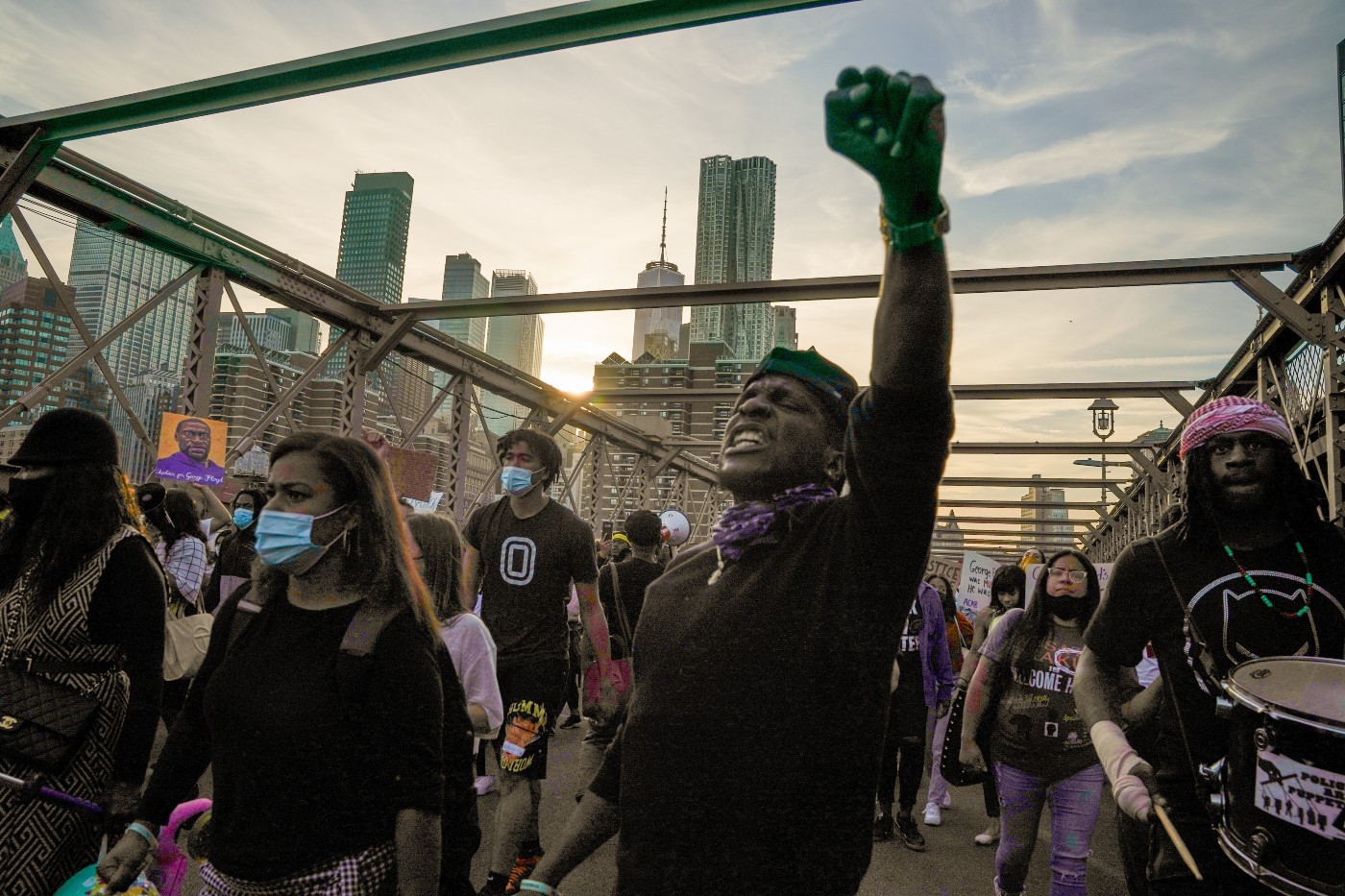 George Floyd legacy: what has changed in the US three years on
George Floyd legacy: what has changed in the US three years onfeature Police officers are more accountable but has ‘white empathy’ hit a wall?
-
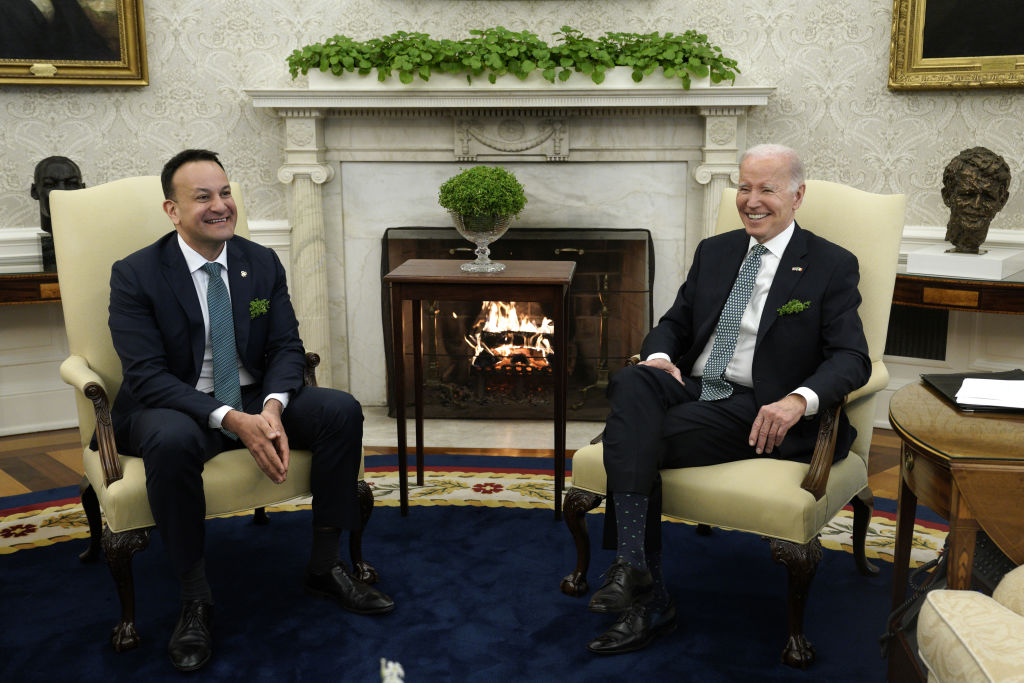 10 things you need to know today: March 18, 2023
10 things you need to know today: March 18, 2023Daily Briefing Trump says he expects to be arrested Tuesday in Manhattan, Biden hosts Irish Taoiseach at White House for St. Patrick’s Day, and more
-
 Can unbuilding highways undo the legacy of racism?
Can unbuilding highways undo the legacy of racism?Speed Read Roads were built through Black and Latino neighborhoods. A new federal program may reverse those efforts.
-
 The Dilbert debate: Were newspapers right to 'cancel' the cartoon?
The Dilbert debate: Were newspapers right to 'cancel' the cartoon?Instant Opinion The sharpest opinions on the debate from around the web
-
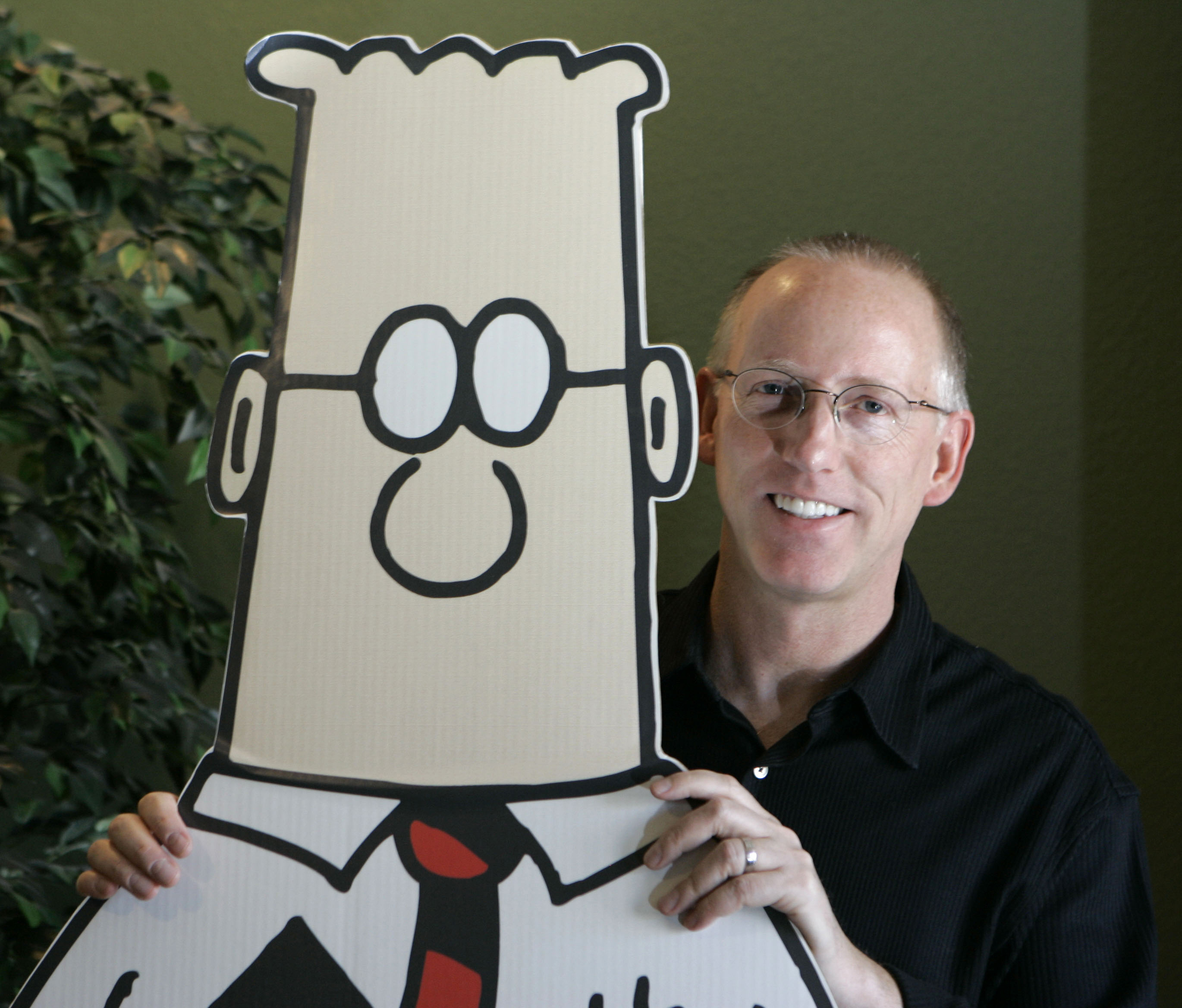 Newspapers drop Dilbert comic strip over creator's racist remarks
Newspapers drop Dilbert comic strip over creator's racist remarksSpeed Read